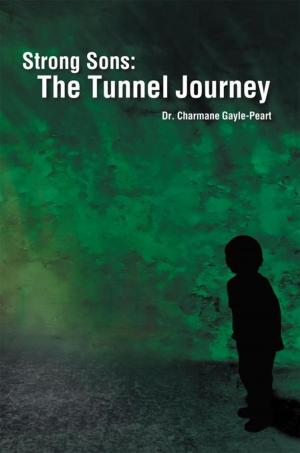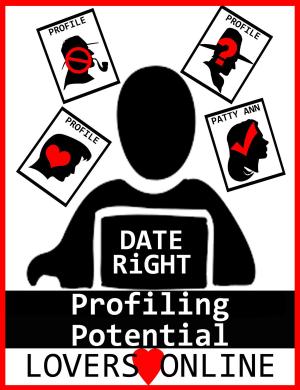Nasty, Nasty Boy
Nonfiction, Social & Cultural Studies, Social Science, Gender Studies, Gay Studies, Family & Relationships| Author: | Claytoven Walker | ISBN: | 9781466030398 |
| Publisher: | Claytoven Walker | Publication: | October 2, 2011 |
| Imprint: | Smashwords Edition | Language: | English |
| Author: | Claytoven Walker |
| ISBN: | 9781466030398 |
| Publisher: | Claytoven Walker |
| Publication: | October 2, 2011 |
| Imprint: | Smashwords Edition |
| Language: | English |
At the age of 21, Clay Walker, a gay African American male decides to leave the confines of a religious community he’s inhabited for four years. He returns to his family and familiar surroundings only to find he has changed. He is no longer the same as the family members with whom he grew up. Clay decides to go to Cosmetology School, where he meets and befriends a young woman working for Amtrak and living in San Francisco. Because of her particular attraction to Clay, she invites him to come and live with her and a sister. However, soon after his arrival in San Francisco, she realizes Clay has no interest in her; he has other interests. Therefore, she and her sister concoct a plan to rid themselves of Clay. Fortunately, Clay is more than prepared to move. Without delay, he finds an apartment in a highly popular gay area in San Francisco, where his life of debauchery begins. At work, he meets Al who introduces him to the San Francisco drug culture. Quickly, Clay gets caught up and his life begins to spin out of control. After a failed relationship that leaves him heartbroken, Clay is forced to come to terms with the ill effects his lifestyle. Seeking a new start, he reenters academic life, where he’s faced with even more hypocrisy concerning race, gender, and sexual orientation. In essence, Nasty Nasty Boy asks us to examine our conscience if we have one. It questions the virtue in our virtues. It asks us to look at our own flaws instead of trying to correct that of others. Furthermore, it asked us to learn from and evolve away from a history of prejudice and bigotry instead of continually reforming the same history of prejudice and bigotry, a history that would have been corrected long ago had this nation truly represented Christianity.
At the age of 21, Clay Walker, a gay African American male decides to leave the confines of a religious community he’s inhabited for four years. He returns to his family and familiar surroundings only to find he has changed. He is no longer the same as the family members with whom he grew up. Clay decides to go to Cosmetology School, where he meets and befriends a young woman working for Amtrak and living in San Francisco. Because of her particular attraction to Clay, she invites him to come and live with her and a sister. However, soon after his arrival in San Francisco, she realizes Clay has no interest in her; he has other interests. Therefore, she and her sister concoct a plan to rid themselves of Clay. Fortunately, Clay is more than prepared to move. Without delay, he finds an apartment in a highly popular gay area in San Francisco, where his life of debauchery begins. At work, he meets Al who introduces him to the San Francisco drug culture. Quickly, Clay gets caught up and his life begins to spin out of control. After a failed relationship that leaves him heartbroken, Clay is forced to come to terms with the ill effects his lifestyle. Seeking a new start, he reenters academic life, where he’s faced with even more hypocrisy concerning race, gender, and sexual orientation. In essence, Nasty Nasty Boy asks us to examine our conscience if we have one. It questions the virtue in our virtues. It asks us to look at our own flaws instead of trying to correct that of others. Furthermore, it asked us to learn from and evolve away from a history of prejudice and bigotry instead of continually reforming the same history of prejudice and bigotry, a history that would have been corrected long ago had this nation truly represented Christianity.















